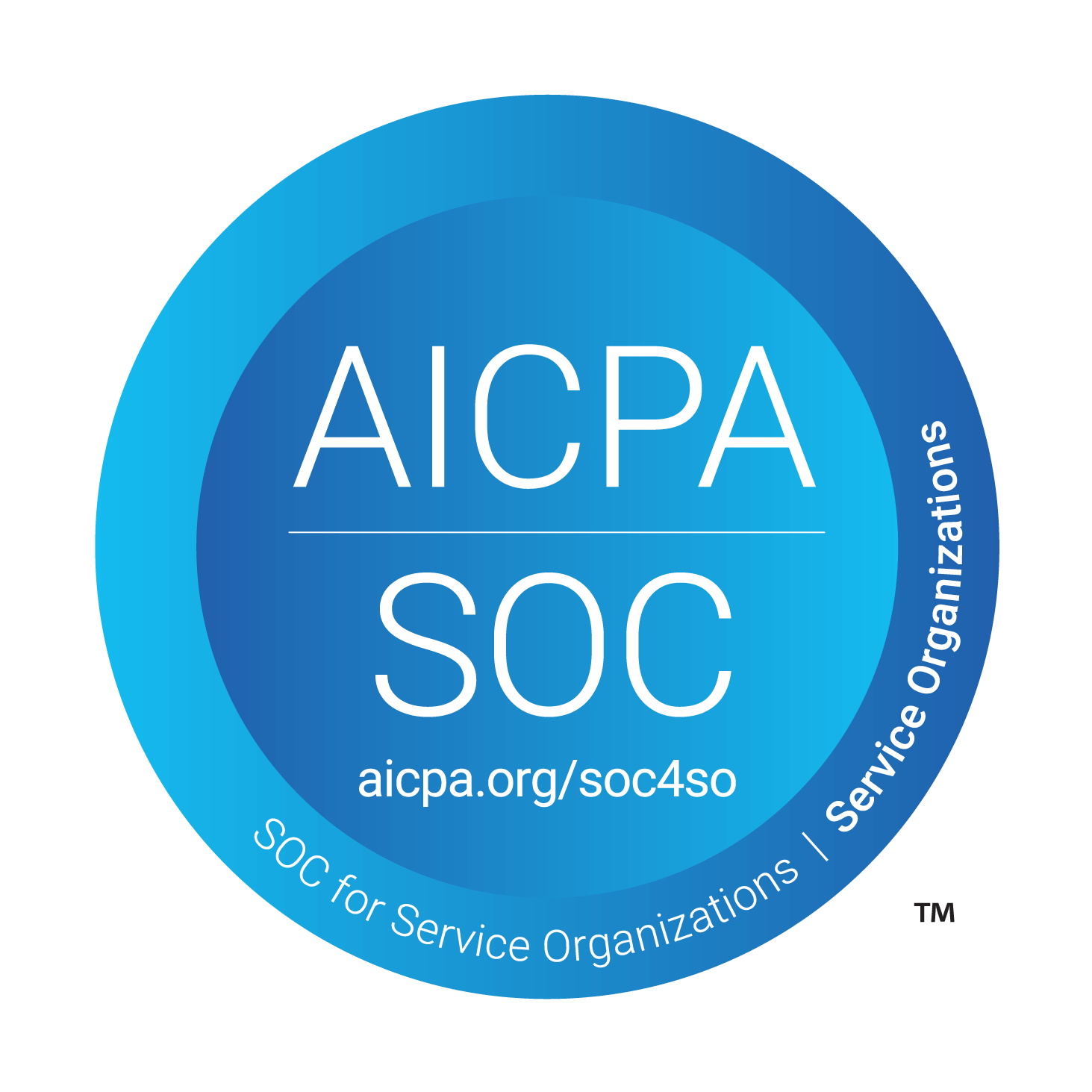
A couple of weeks ago, Bitwave Co-founder and CEO Pat White, and Director of Product Solutions Joe Dillon, joined Ron Quaranta of the Wall Street Blockchain Alliance to discuss what's new in crypto accounting and taxes, the Ethereum Merge, and its implications for accounting and taxation, staking and deferred revenue, and much more.
We wanted to highlight an area that deserves more attention: SAB 121 and how it impacts GameFi and blockchain gaming companies. Watch this discussion below or save it for later and read the key takeaways!
Want to see the rest? Watch the full conversation here.
Related content:
- GameFi 101: Accounting Best Practices For Emerging Blockchain Use Cases and NFTs
- The State of Crypto: What’s New in Crypto Accounting & Taxes
What is SAB 121?
The SEC’s Staff Accounting Bulletin (SAB) 121 was released on March 24, 2022. It essentially states that certain entities that manage digital assets, like Coinbase or Axie Infinity, with custodial obligations must separate FBO funds (those held on behalf of customers) from their treasury holdings.
In practice, these organizations must maintain a separate inventory for FBO accounts, and this inventory is then priced at market value, not cost-basis or impaired value.
Key Implications of SAB 121 for GameFi and Blockchain Gaming
- Thinking about tokenizing in-game currency, in-game rewards for winning battles, etc.? Not so fast! You might have SAB 121 obligations.
Imagine you’re playing World of Warcraft, and your guild is raiding a dungeon. The final boss drops a rare cloak. Instead of claiming the reward at the time, you defer and elect to have Blizzard hold the cloak on your behalf. Blizzard instantly picks up SAB 121 obligations.
To expand this analogy a bit, anytime a player holds onto in-game items instead of immediately moving them off-platform, blockchain gaming companies must make SAB 121 considerations – specifically performing fair market valuation for these digital assets.
- How do you perform fair market valuation for NFTs?
Unfortunately, there still isn’t clear guidance on how to do this, and while fair market valuation for NFTs can be challenging, valuation theory is a good place to start. Two approaches are particularly relevant here:
- The Discounted Cash Flow (DCF) Approach: For instance, if a company holds a share of a royalty income, then the cash flows generated from the ownership of the asset can be used to fund the company's operations.
- The Market Approach: The value of an asset can be computed by the price at which it is sold to a seller. For instance, if a previous sale of an NFT has occurred, then the present value of the asset can be computed by taking into account the past sales.
Read more about how to determine the fair value for NFTs here.
- Wrapping it up: 5 Questions Every Blockchain Gaming Company Must Ask to determine if they have SAB 121 obligations.
- Will in-game rewards and currency be minted? How are you distributing them to players?
- Will you require players to claim in-game rewards immediately or will you provide the option to hold it yourself? Are you holding those?
- Are you prepared to handle high-volume microtransactions?
- Are you just maintaining them on an internal ledger? Are you actually sending them to someone's wallet?
If you answered yes to any of these combinations or a combination of them, congrats, you have to make SAB 121 considerations now. Make sure you have a solution like Bitwave to help account for your in-game economy!
Accounting, Taxes, Monitoring, and Reporting: Don’t Get Frustrated, Get Bitwave.
Bitwave brings unmatched scale and expertise to GameFi , supporting over 200 blockchains, exchanges, custodians, and DeFi protocols –– and a proud member of the Blockchain Game Alliance.
Contact us today to schedule a demo.


Disclaimer: The information provided in this blog post is for general informational purposes only and should not be construed as tax, accounting, or financial advice. The content is not intended to address the specific needs of any individual or organization, and readers are encouraged to consult with a qualified tax, accounting, or financial professional before making any decisions based on the information provided. The author and the publisher of this blog post disclaim any liability, loss, or risk incurred as a consequence, directly or indirectly, of the use or application of any of the contents herein.







